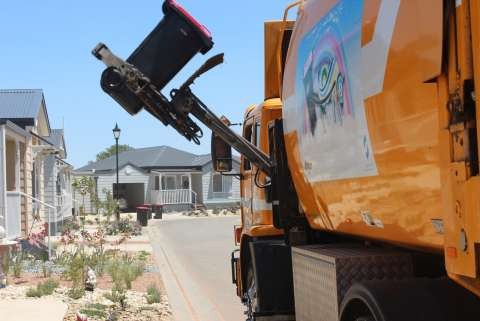La Trobe University’s Albury-Wodonga campus is well on track to achieving net zero carbon emissions by 2022, with construction starting this week on new solar carports.
The carports will cover almost 30 parking spaces and add more than 270 solar panels to the campus’ infrastructure.
The project is expected to significantly reduce the campus’ running costs and carbon emissions, moving the University closer to achieving its ambitious goal of net zero carbon emissions on its regional campuses by 2022, and on all campuses by 2029.
The carports are part of a suite of measures the University is implementing to meet its target, including thousands of roof-top solar panels and high-efficiency LED lights, and large-scale organic waste composters.
La Trobe Vice-Chancellor Professor John Dewar AO said projects like this prove the University is serious about sustainability.
“We made a pledge just over 12 months ago to achieve net zero emissions by 2029, and we are well on track to achieving that,” Professor Dewar said.
“Reducing our carbon emissions is not only the right thing to do, it also makes good economic sense. We expect to save hundreds of thousands of dollars in the long term through the steps we are taking now.”
Professor Dewar said the University’s regional campuses are playing a major role in reaching Net Zero.
“By the end of 2020 all four regional campuses will have more than 90 per cent of their lighting converted to low-energy LEDs, and a significant proportion of daytime energy use supplied by onsite renewables,” Professor Dewar said.
“Across the University, these measures are reducing our carbon emissions by thousands of tonnes each year – a major investment in our renewable energy future.”
La Trobe students and staff are now using the La Trobe Energy Analytics Platform software developed at the University to monitor energy production and identify further energy efficiency improvements.
La Trobe is internationally recognised for its commitment making the world a better place, ranking fourth in the Times Higher Education Impact Rankings.








